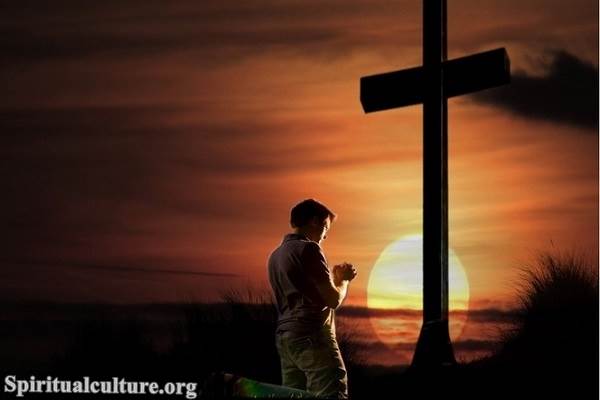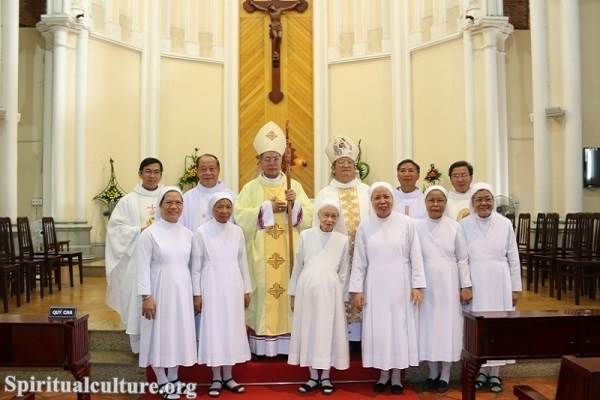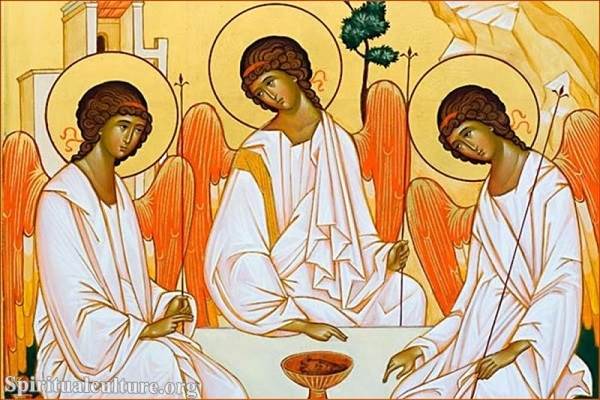It is understood as a way to voluntarily deprive oneself of food or other necessities to focus on prayer, repentance, and spiritual growth.
Fasting is often accompanied by other acts of self-discipline, such as abstaining from certain activities or engaging in additional prayer or devotional practices.
The Catholic Church has a long tradition of fasting, and many Catholics choose to fast on certain days of the year to observe the liturgical calendar and mark important events in the church’s life.
For example, Catholics are encouraged to fast on Ash Wednesday and Good Friday, as well as during the season of Lent, which is the period leading up to Easter. Fasting during these times can be seen as a way to unite with Jesus in his suffering and express solidarity with those suffering in the world.
In addition to fasting on specific days, some Catholics may also choose to fast on other occasions, such as when they are seeking guidance or direction from God or when they are seeking to overcome a particular challenge or temptation. Fasting can be seen as a way to draw closer to God and open oneself to his grace and guidance.
It’s worth noting that fasting is not required of all Catholics, and individuals are encouraged to follow their conscience in deciding whether and how to observe this practice.




